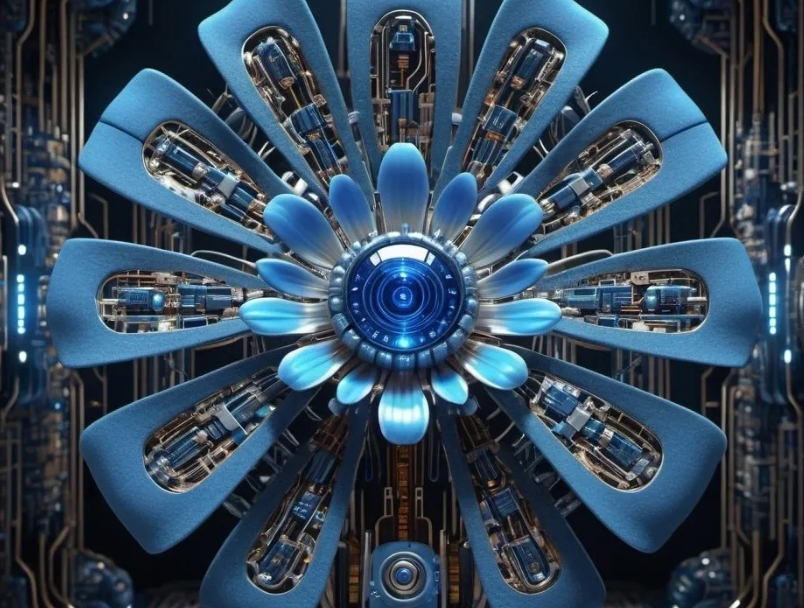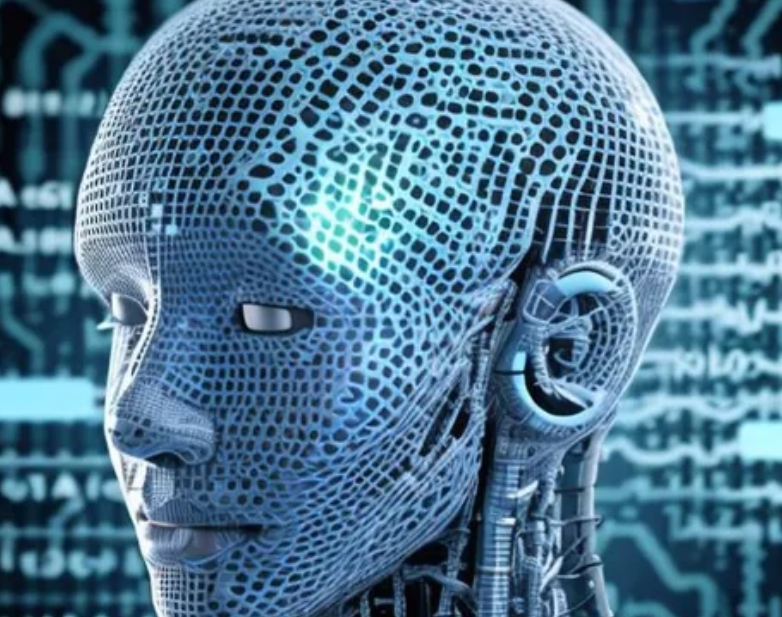Artificial Intelligence (AI) is increasingly being harnessed to tackle some of the world's most pressing issues. This article explores how AI is being used as a force for good, addressing global challenges across various domains and contributing to a more sustainable and equitable future.
1. Healthcare and Medicine
AI is revolutionizing healthcare globally:
Disease Diagnosis:
- AI-powered image analysis for early detection of diseases
- Predictive models for epidemic outbreaks
Drug Discovery:
- Accelerating the development of new medications
- Identifying potential treatments for rare diseases
Personalized Medicine:
- Tailoring treatments based on individual genetic profiles
- Optimizing patient care plans for better outcomes
2. Environmental Protection and Climate Change
AI is crucial in combating environmental challenges:
Climate Modeling:
- Improving accuracy of climate predictions
- Simulating potential mitigation strategies
Wildlife Conservation:
- Tracking and protecting endangered species
- Combating illegal poaching through predictive analytics
Energy Efficiency:
- Optimizing renewable energy systems
- Smart grid management for reduced energy waste
3. Education and Accessibility
AI is making education more inclusive and effective:
Personalized Learning:
- Adapting curriculum to individual student needs
- Providing real-time feedback and support
Language Translation:
- Breaking down language barriers in educational content
- Facilitating global knowledge sharing
Assistive Technologies:
- Aiding students with disabilities through AI-powered tools
- Creating more inclusive learning environments
4. Disaster Response and Humanitarian Aid
AI enhances disaster management and relief efforts:
Early Warning Systems:
- Predicting natural disasters with greater accuracy
- Enabling timely evacuations and preparations
Resource Allocation:
- Optimizing distribution of aid and supplies
- Identifying areas of greatest need during crises
Search and Rescue:
- Using AI-powered drones for locating survivors
- Analyzing satellite imagery for damage assessment
5. Agriculture and Food Security
AI is improving agricultural practices and food production:
Precision Farming:
- Optimizing crop yields through data-driven decisions
- Reducing water and pesticide usage
Crop Disease Detection:
- Early identification of plant diseases and pests
- Minimizing crop losses and improving food security
Supply Chain Optimization:
- Reducing food waste through smarter distribution
- Improving traceability and food safety
6. Economic Development and Poverty Reduction
AI is being leveraged to promote economic growth and equality:
Financial Inclusion:
- AI-powered microfinance and credit scoring
- Expanding access to financial services in underserved areas
Job Matching:
- Connecting job seekers with opportunities through AI platforms
- Identifying skill gaps and guiding training programs
Market Intelligence:
- Providing small businesses with AI-driven market insights
- Leveling the playing field for entrepreneurs in developing regions
7. Clean Water and Sanitation
AI is addressing global water challenges:
Water Quality Monitoring:
- Real-time analysis of water sources for contaminants
- Predicting and preventing water-borne disease outbreaks
Infrastructure Management:
- Optimizing water distribution networks
- Detecting leaks and reducing water waste
Sanitation Planning:
- AI-driven urban planning for improved sanitation
- Optimizing waste management systems
8. Sustainable Cities and Communities
AI is enhancing urban living and sustainability:
Smart Traffic Management:
- Reducing congestion and emissions through AI-optimized traffic flow
- Improving public transportation efficiency
Energy-Efficient Buildings:
- AI-controlled systems for optimal energy use
- Predictive maintenance to reduce resource waste
Urban Planning:
- Data-driven design for more livable and sustainable cities
- Balancing development with environmental preservation
9. Human Rights and Social Justice
AI is being used to promote equality and protect human rights:
Bias Detection:
- Identifying and mitigating bias in decision-making systems
- Promoting fairness in areas like hiring and law enforcement
Human Trafficking Prevention:
- Analyzing patterns to identify potential trafficking activities
- Assisting law enforcement in protecting vulnerable populations
Access to Justice:
- AI-powered legal assistance for underserved communities
- Simplifying complex legal processes through intelligent systems
10. Global Health and Pandemic Response
AI plays a crucial role in managing global health crises:
Disease Surveillance:
- Monitoring social media and health data for early outbreak detection
- Tracking the spread of infectious diseases in real-time
Vaccine Development:
- Accelerating the process of vaccine creation and testing
- Optimizing distribution strategies for maximum impact
Remote Healthcare:
- Enabling telemedicine and AI-assisted diagnostics
- Providing healthcare access in remote or underserved areas
Challenges and Considerations
While AI offers immense potential for good, several challenges must be addressed:
Data Privacy and Security:
- Ensuring responsible use of sensitive data in AI applications
- Protecting individual privacy rights while leveraging data for social good
Ethical AI Development:
- Addressing algorithmic bias and ensuring fairness
- Developing AI systems that align with human values and rights
Accessibility and Digital Divide:
- Ensuring AI benefits are equitably distributed globally
- Bridging technological gaps between developed and developing regions
Accountability and Transparency:
- Establishing clear frameworks for AI decision-making in critical areas
- Ensuring interpretability of AI systems used for social good
As AI continues to evolve, its potential to address global challenges grows exponentially. By harnessing AI responsibly and ethically, we can create powerful tools to combat some of humanity's most pressing issues. The key lies in collaborative efforts between technologists, policymakers, and domain experts to ensure AI is developed and deployed in ways that truly benefit humanity as a whole.
The future of "AI for Good" is promising, with potential to significantly contribute to achieving the United Nations Sustainable Development Goals and creating a more equitable, sustainable world. As we move forward, it's crucial to maintain a balance between technological advancement and human-centered approaches, ensuring that AI remains a tool for empowerment and positive change in service of global well-being.
american-boffin.com
bfbchamp.com
democraticcoma.com
tigrepelvar.com
charpoles.com
derbywheelblazers.com
fansfocus.net
guildnow.com
hediyeteyze.com
isprimecdn.com
kiira-korpi.net
manutd24.com
mediumtylerhenry.com
mishanghai.org
savethreestrikes.com
smilesbydavis.com
10puntos.net
band-shirt.com
icelandtrails.com
paulmarioday.com
thefunnynanny.com
Dave Tries Ballet
Buon Grande
Criacao Sites
Perry Perkins Books
Writing Essay in AU
Ka Soku
Blood is Blood Movie
Eleanor Writes Things
The Happy Prince Beirut
Town of Witless Bay
Online Igrovoi Club
Trigeminal Neuralgia - Ronald Brisman MD
Chocolate City Burlesque
Advanced Electric Scooters
W Tougei
Breadboard Maniac
Takasu App



